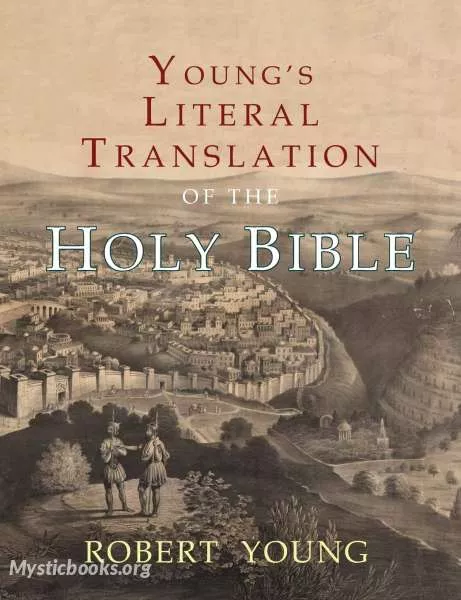
The Bible, Young's Literal Translation (YLT), Old Testament
by Robert Young
'The Bible, Young's Literal Translation (YLT), Old Testament' Summary
The Literal Translation is, as the name implies, a very literal translation of the original Hebrew and Greek texts. The Preface to the Second Edition states,
If a translation gives a present tense when the original gives a past, or a past when it has a present; a perfect for a future, or a future for a perfect; an a for a the, or a the for an a; an imperative for a subjunctive, or a subjunctive for an imperative; a verb for a noun, or a noun for a verb, it is clear that verbal inspiration is as much overlooked as if it had no existence. THE WORD OF GOD IS MADE VOID BY THE TRADITIONS OF MEN. [Emphases in original.]
Therefore, Young used the present tense in many places in which other translations use the past tense, particularly in narratives. For example, the YLT version of Genesis begins as follows:
- In the beginning of God's preparing the heavens and the earth—
- the earth hath existed waste and void, and darkness on the face of the deep, and the Spirit of God fluttering on the face of the waters,
- and God saith, 'Let light be;' and light is.
- And God seeth the light that it is good, and God separateth between the light and the darkness,
- and God calleth to the light 'Day,' and to the darkness He hath called 'Night;' and there is an evening, and there is a morning—day one.
- And God saith, 'Let an expanse be in the midst of the waters, and let it be separating between waters and waters.'
- And God maketh the expanse, and it separateth between the waters which under the expanse, and the waters which above the expanse: and it is so.
- And God calleth to the expanse 'Heavens;' and there is an evening, and there is a morning—day second.
- And God saith, 'Let the waters under the heavens be collected unto one place, and let the dry land be seen:' and it is so.
- And God calleth to the dry land `Earth,' and to the collection of the waters He hath called 'Seas;' and God seeth that good.
- And God saith, 'Let the earth yield tender grass, herb sowing seed, fruit-tree (whose seed in itself) making fruit after its kind, on the earth:' and it is so.
- And the earth bringeth forth tender grass, herb sowing seed after its kind, and tree making fruit (whose seed in itself) after its kind; and God seeth that good;
- and there is an evening, and there is a morning—day third.
Young's Literal Translation in the 1898 edition also consistently renders the Hebrew tetragrammaton (divine name) throughout the Old Testament as "Jehovah", instead of the traditional practice of representing the tetragrammaton in English as "LORD" in small capitals, but editions prior to 1898 do say "LORD" in small capitals.
Book Details
Language
EnglishOriginal Language
EnglishPublished In
1862Authors
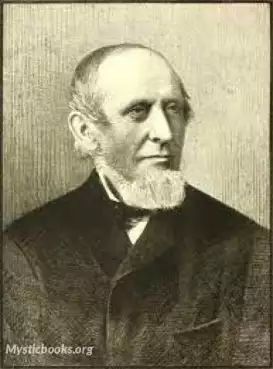
Robert Young
Scotland
Robert Young, LL.D was a Scottish publisher who was self-taught and proficient in various Oriental languages. He published several works, the best known being a Bible translation, commonly referred to...
Books by Robert YoungDownload eBooks
Listen/Download Audiobook
- Select Speed
Related books
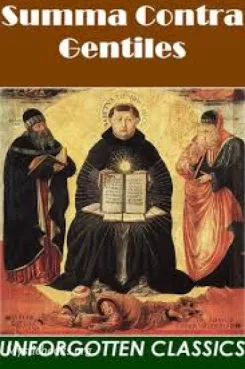
Summa Contra Gentiles, Second Book (On Creation) by Saint Thomas Aquinas
Dive into the depths of philosophical exploration with "Summa Contra Gentiles, Second Book (On Creation)" by Saint Thomas Aquinas. This timeless maste...
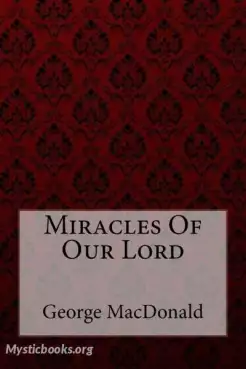
The Miracles of Our Lord by George MacDonald
Actions, it is often said, speak louder than words. But in the life of Christ - as George MacDonald shows - both spoke with an equal volume. Much atte...
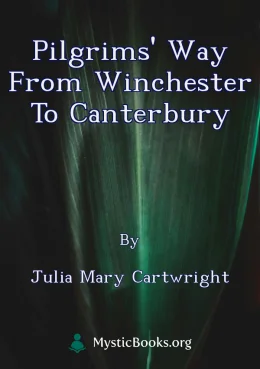
Pilgrims' Way from Winchester to Canterbury by Julia Mary Cartwright
Julia Mary Cartwright's 'Pilgrims' Way from Winchester to Canterbury' is a captivating account of the historical pilgrimage route from Winchester to C...

Man's Restoration by Grace by Thomas Goodwin
In this, author invites readers on a captivating journey of divine intervention and the restoration of the human soul. With profound insight and unwav...
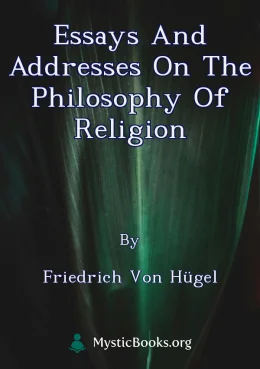
Essays and Addresses on the Philosophy of Religion by Friedrich von Hügel
Friedrich von Hügel's *Essays and Addresses on the Philosophy of Religion* presents a profound and insightful exploration of faith, reason, and the na...
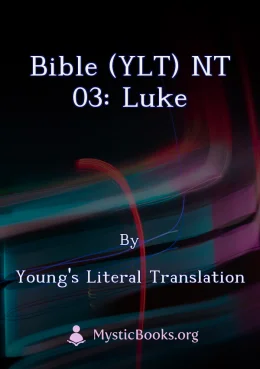
Bible (YLT) NT 03: Luke by Young's Literal Translation
Young's Literal Translation of the Bible (YLT) is a direct translation of the original languages of the Bible into English. It is known for its faithf...
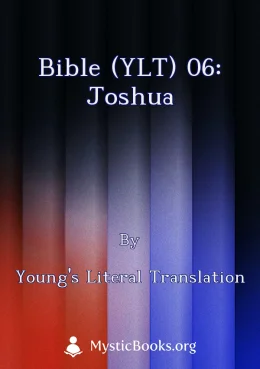
Bible (YLT) 06: Joshua by Young's Literal Translation
The Book of Joshua, as presented in Young's Literal Translation, chronicles the events following the death of Moses and the rise of Joshua as leader o...
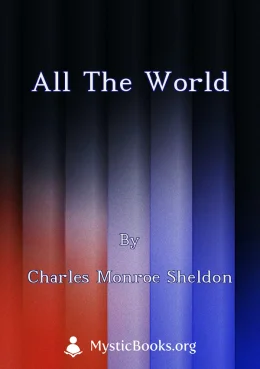
All the World by Charles Monroe Sheldon
Set in the aftermath of the Great War, "All the World" tells the story of a small town struggling to adjust to the return of soldiers and the shifting...
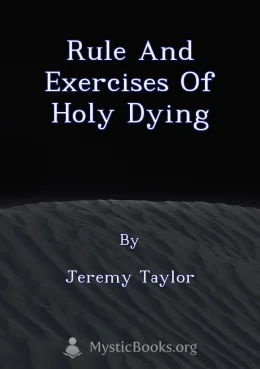
Rule and Exercises of Holy Dying by Jeremy Taylor
This book, written by a Church of England clergyman during the tumultuous times of Oliver Cromwell, offers a guide to preparing for death. It explores...
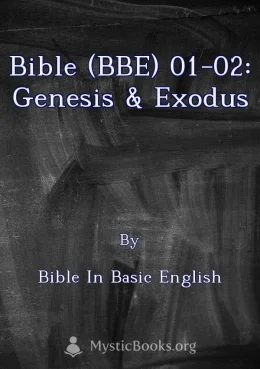
Bible (BBE) 01-02: Genesis & Exodus by Bible in Basic English
The Bible in Basic English is a translation of the Bible into simplified English. It was created by an American committee led by S.H. Hooke and uses B...
Reviews for The Bible, Young's Literal Translation (YLT), Old Testament
No reviews posted or approved, yet...